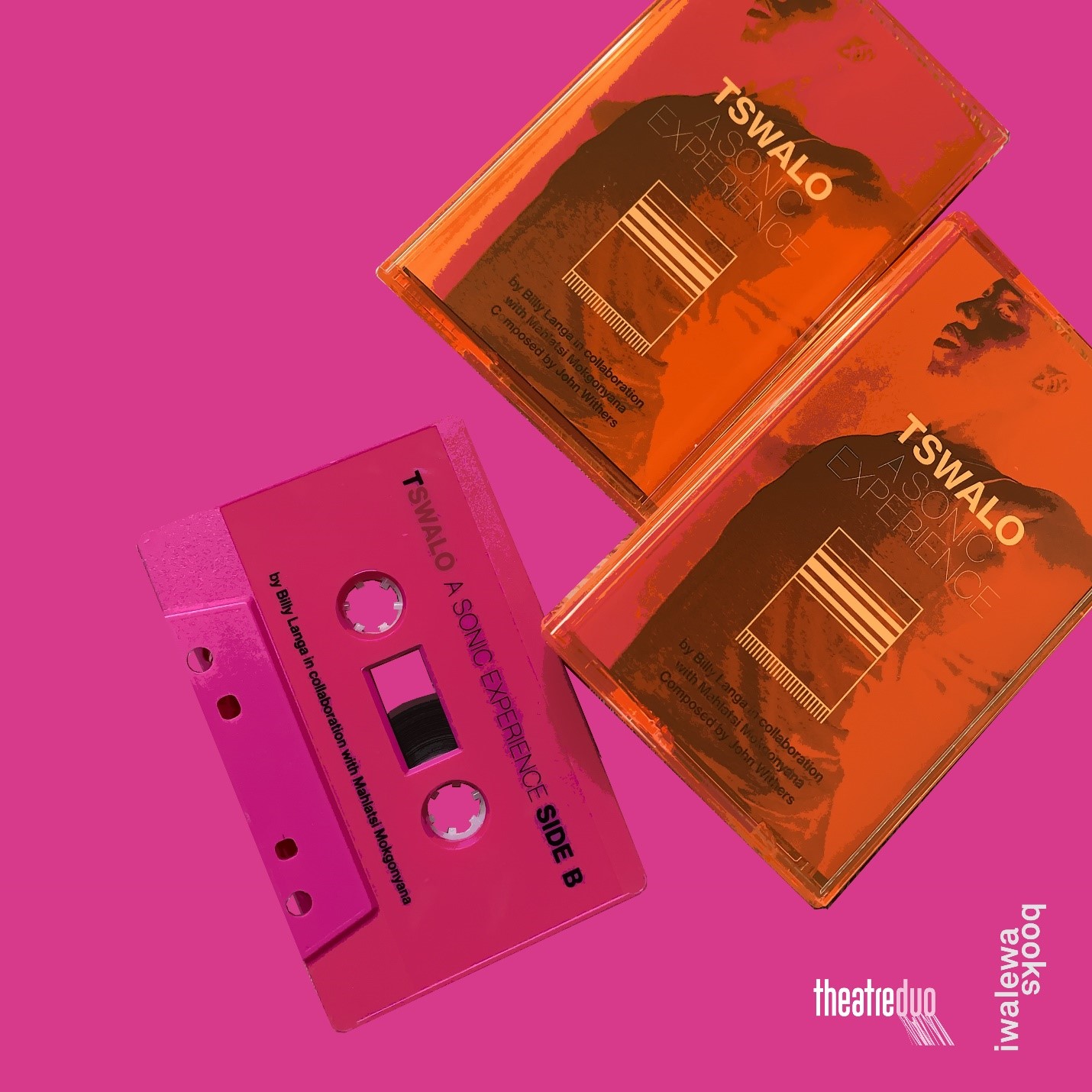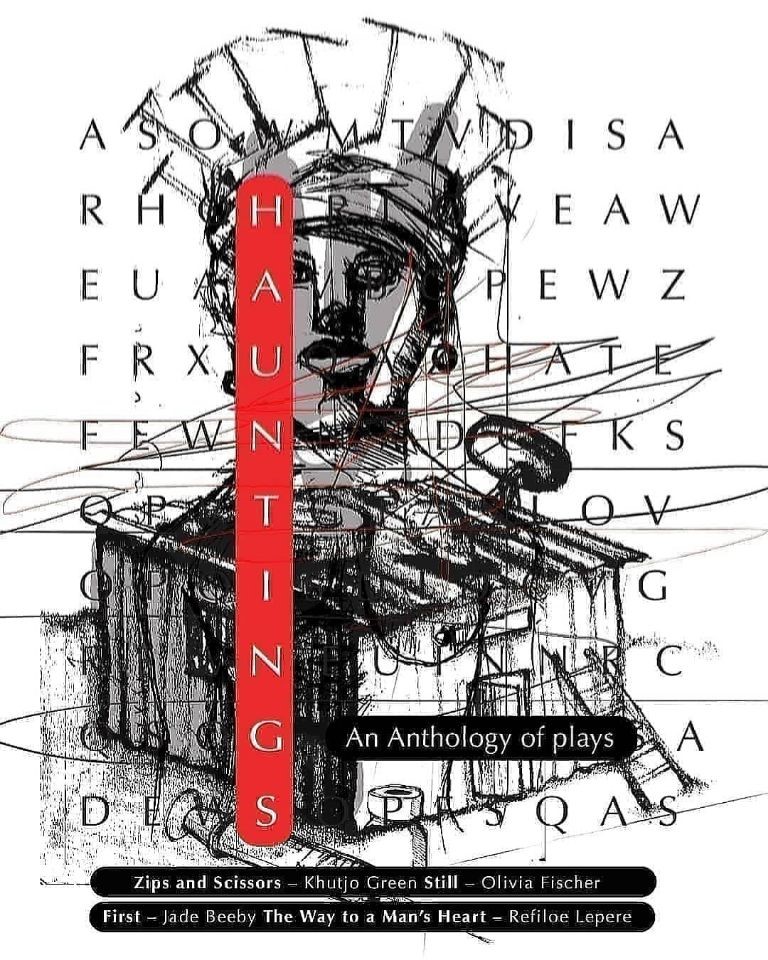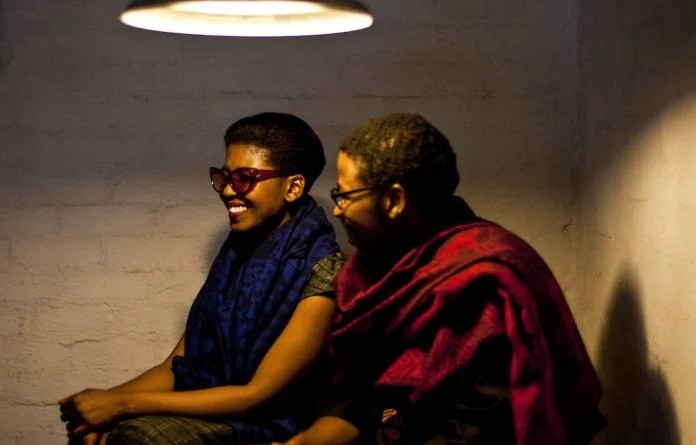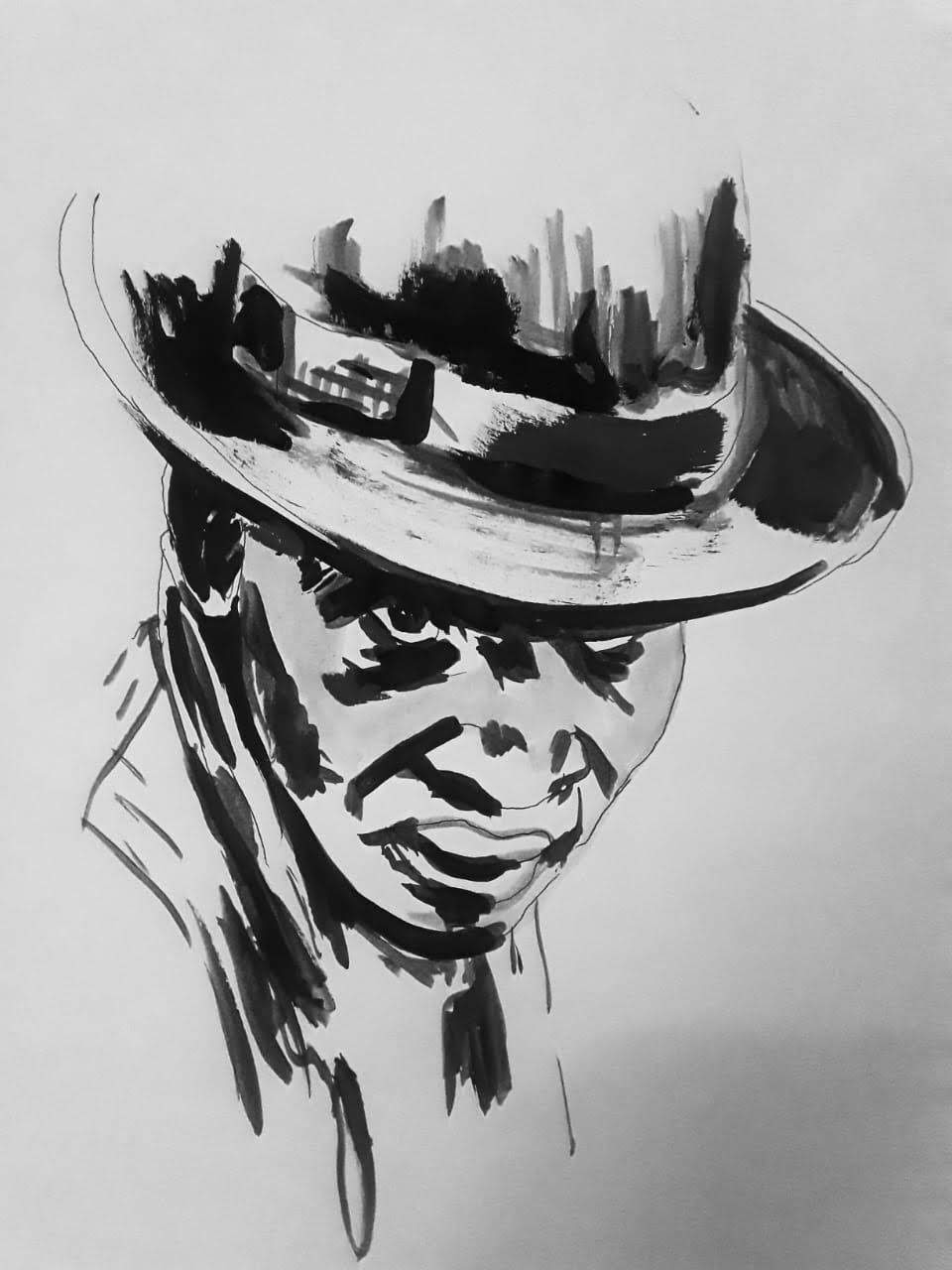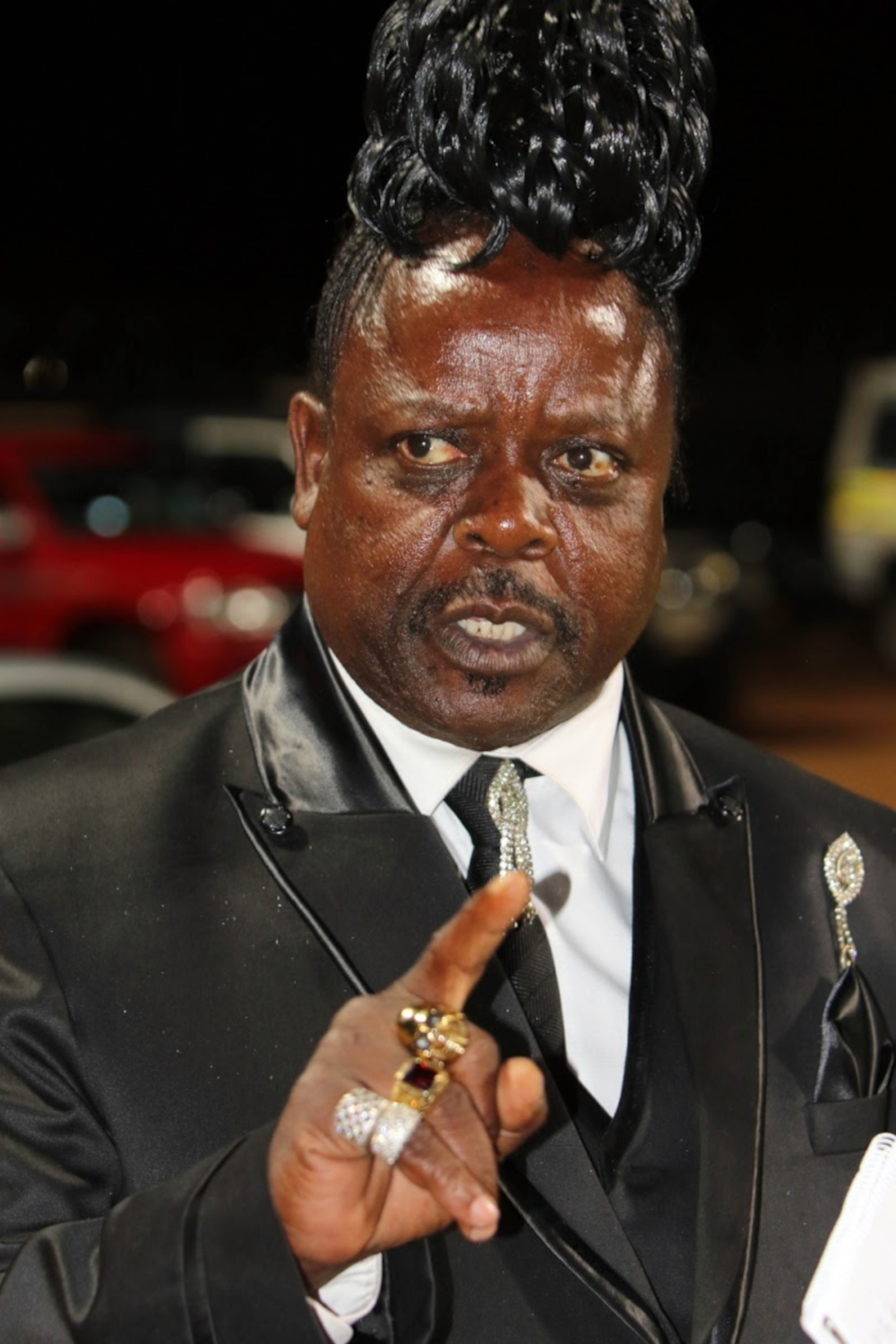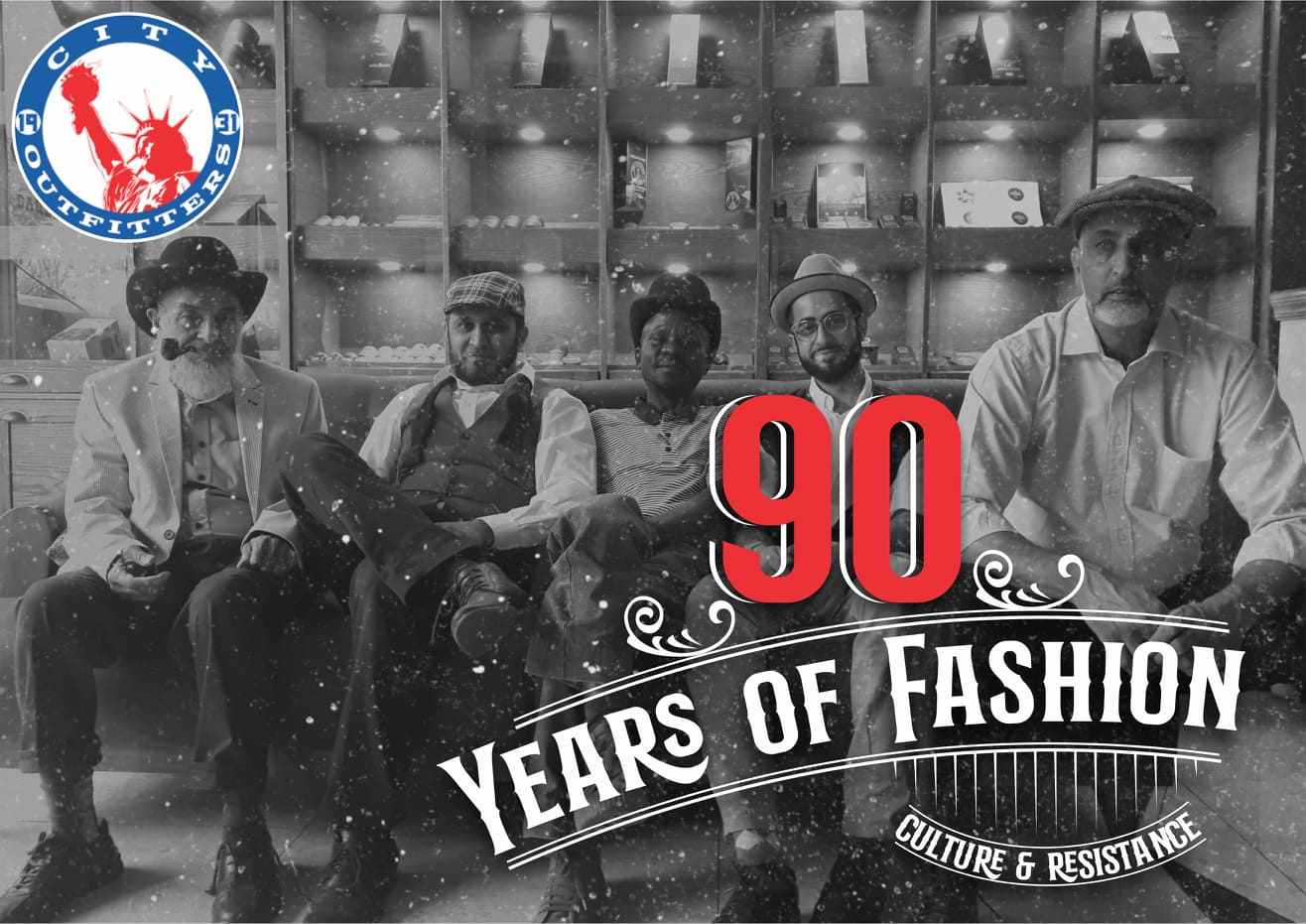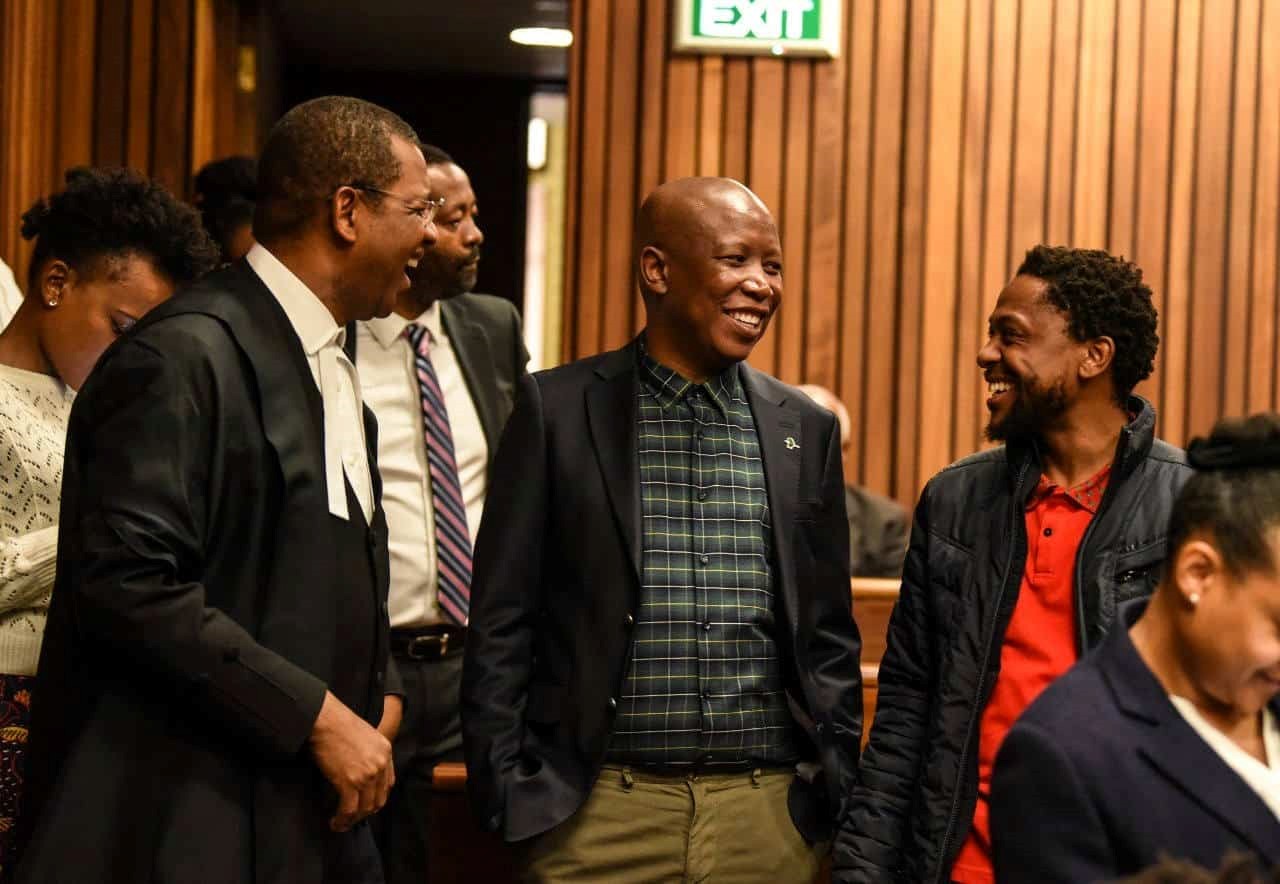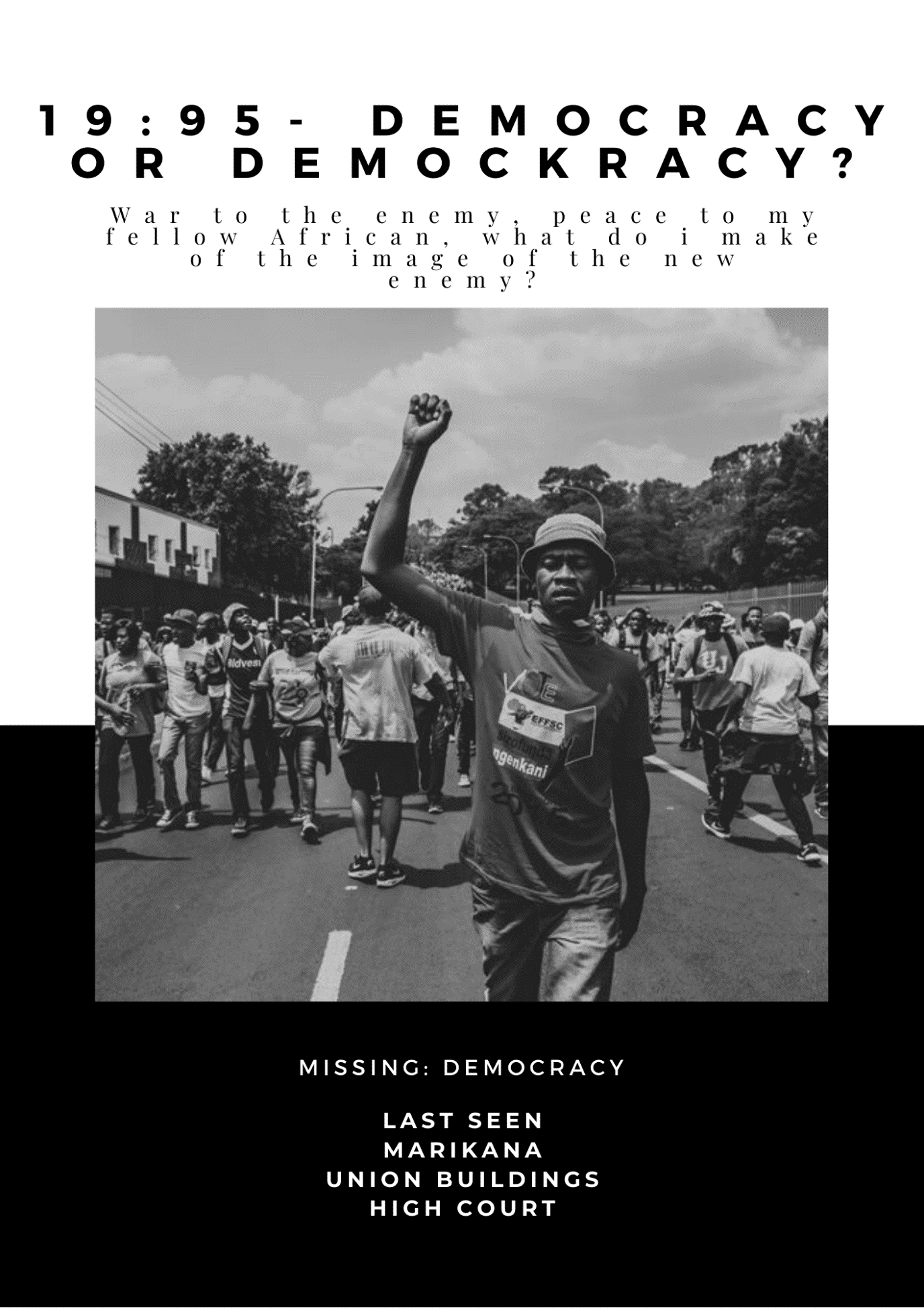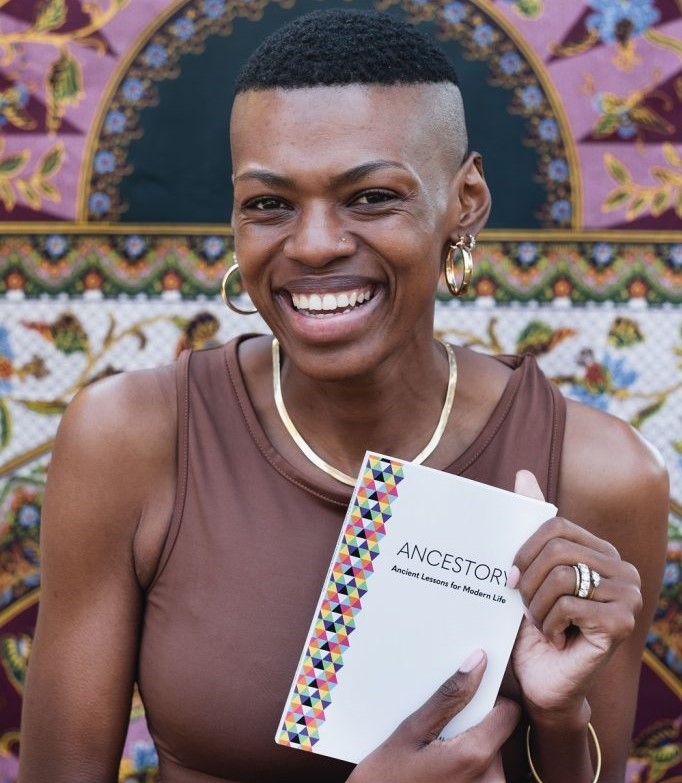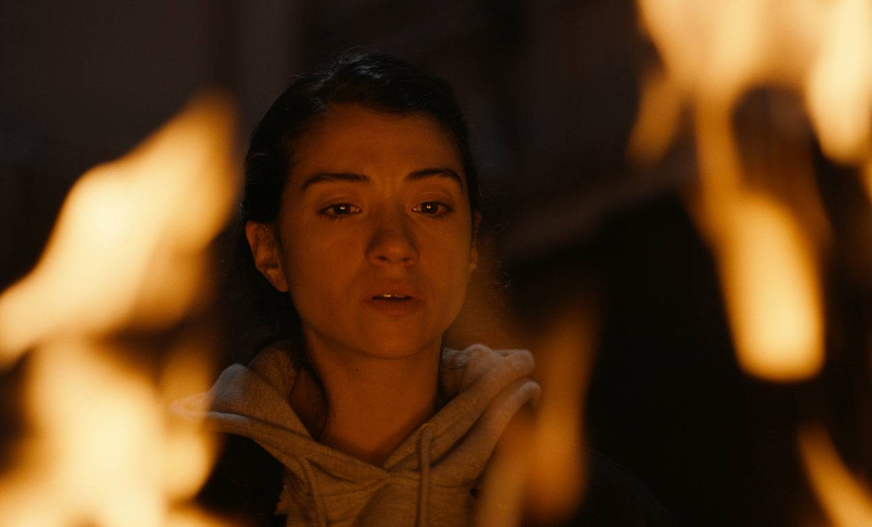The idea of dying and returning as stars haunts me, as I go through the pages of Billy Langa’s Tswalo. A one-hander comprising of a body of poems written very eloquently, revealing secrets and clues about who we were; who we are; where we come from; and who we are to become. Nondumiso Msimango, in the foreword to the play, aptly describes its context as being placed on a timeless plane of existence — exploring the primary themes of being; chaos and beauty; blood and birth; and love and war — in the same frame. I am in no way attempting to speak of, justify or explain the ages-old phenomenon of birthing or dying as some form of cosmic way of the earth. I am, more than anything, beginning to think that our languages as abantu abatsundu give us more options — with specific and holistic regard to understanding the significance, the intermingling meanings, of birth and death. Langa speaks his home language in an English made fit for purpose, rather than in ‘English’ — bending and molding the language to say the things our bodies instinctively hear and know. Interestingly, in the naming of Tswalo, meaning birth, I was able to stretch my understanding of life to realms traversing the during, after and beyond of the physical.
“When we die on earth we are swallowed into the ground: being bowls, to then be born into space and be part of the cosmos, to be born as stars.” — Billy Langa.
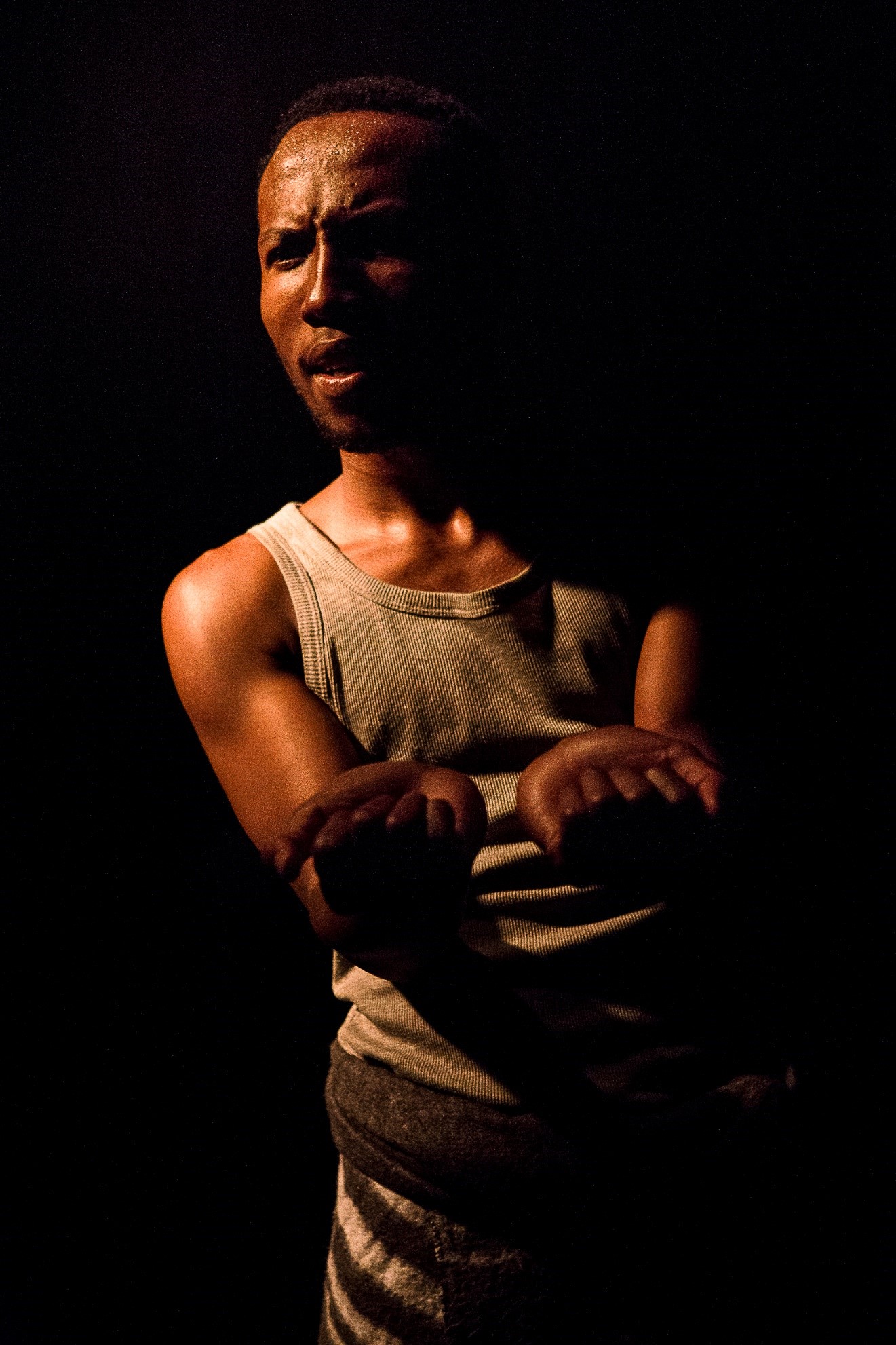
Inter-textualizing Azaro’s journey in Ben Okri’s The Famished Road into Langa’s narrative, in Tswalo the unborn, in the flesh, also yields much power. There is an encircling, ever-present intimation that the moment of birth divorces the presupposed life from a strength hitherto within its province. The idea of being born with purpose is therefore entangled with memory, or the reminding of, or having access to, this purpose — being made possible by the ancestors. If we continue to hold to the same vein, then we, in this realm, according to this narrative, choose (certain paths) before we make it to the physical world. An interestingly ironic thing, this, considering the simultaneous belief that those who have the ancestral calling are said to be chosen back by the ancestors — to act as intermediaries in making sense of this foreign realm of the physical earth, that we claim as home.
“I was born first in heaven before on earth
I met God before my body
I chose my mother
I chose her maiden name
In the spirit world where I’m from” — Langa
Langa takes on a very serious persona in narrating this tale, being the bearer of this almost incomprehensible (at face value that is) message. Ditsomo or Intsomi, in our African customs function as various things — such as passing down of practices, histories, ways of living, ways of dying, and giving a glimpse into the future. Just as our names. There is a suggestion that our names carry these tales, and we are encouraged to value the gift of naming — “ka gore leina lebe serumo”, meaning that the identity that holds the name also takes on and manifests its meaning.
“We are attached to a star or a planet;
Our names are entangled with their names” — Langa
These dramatic incantations and explications certainly offer us more than drama. In the beautifully-crafted sentences, we are offered a seed of the yearning for a recollection of stories, a piecing together of puzzles, an acceptance of loss, and a returning back to the source. We are implored to look at the idea of breaking as making, or remaking. As a certain kind of mending, and the reality of blending with our reality the responsibilities burdened to us by existence, is urged to reawaken within us. Tswalo takes us back to the moment of the water breaking, and the plausibility of the possibilities which this carries.
I have had the most difficult and demanding time, trying to wrap my head around this body of work; and the questions it poses to me. I was however rescued by Ben Okri’s words, that all our creativity, our innovations, our discoveries, come from being able to see what is there, and not there; to hear what is said, and not said. Above all, energized by his admonitions to think clearly; to be nourished by silence. And beyond that — to remain alert to the art of intuition. Billy Langa forces us to read his work and process it through our guts, allowing us to tap into that space our spirit bodies remember, and to go back there — in order to remember how to take good care in the physical realm.

